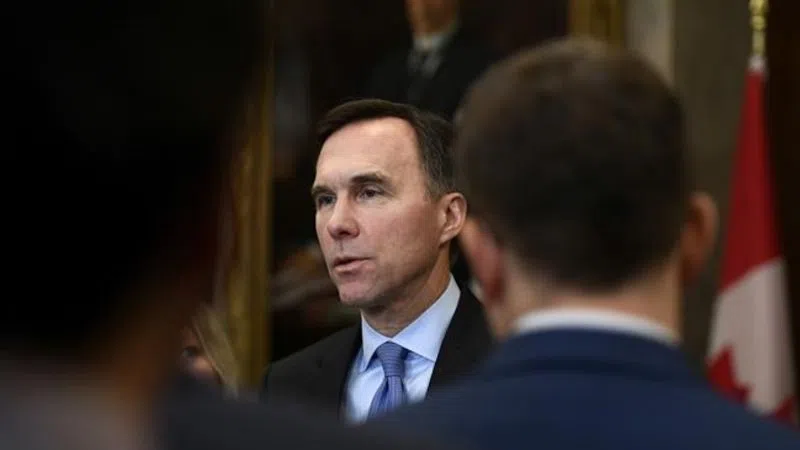
Morneau’s fiscal update and pipeline court challenge; In The News for Dec. 16
In The News is a roundup of stories from The Canadian Press designed to kickstart your day. Here is what’s on the radar of our editors for the morning of Dec. 16.
What we are watching in Canada …
OTTAWA — Finance Minister Bill Morneau will provide an update today on the state of Canada’s economy and also the federal government’s books.
Morneau is preparing to host his provincial counterparts for two days of talks this week, and the amount of federal assistance provided to provinces dealing with economic downturns is expected to figure prominently.
